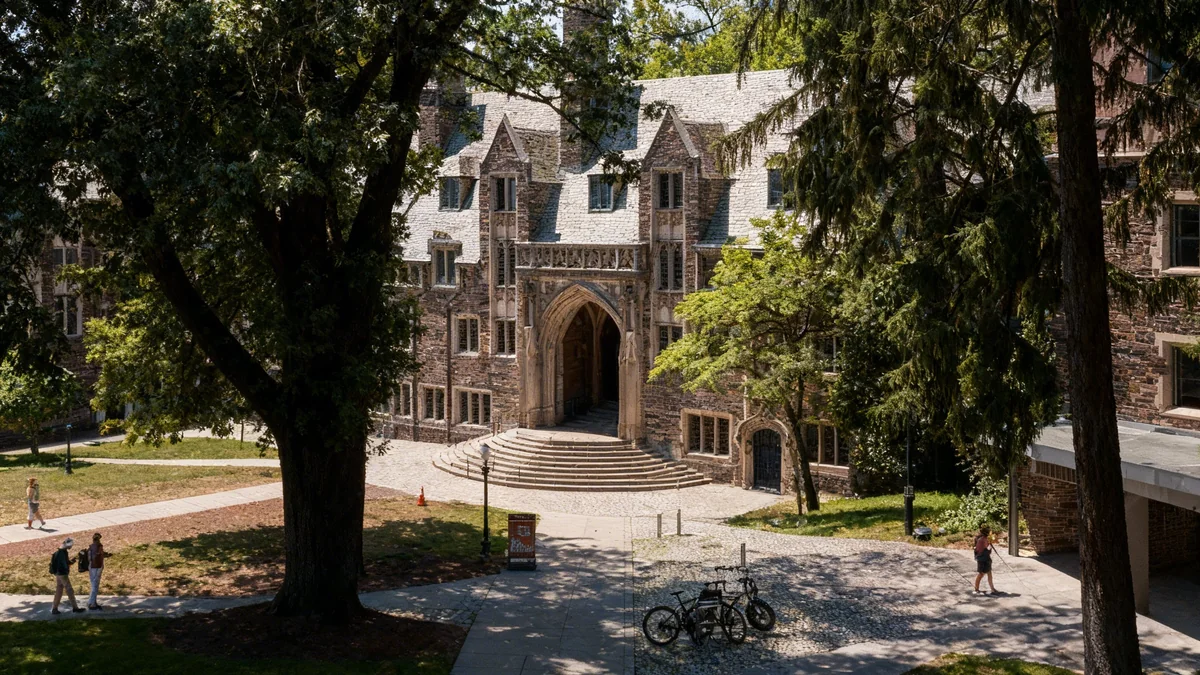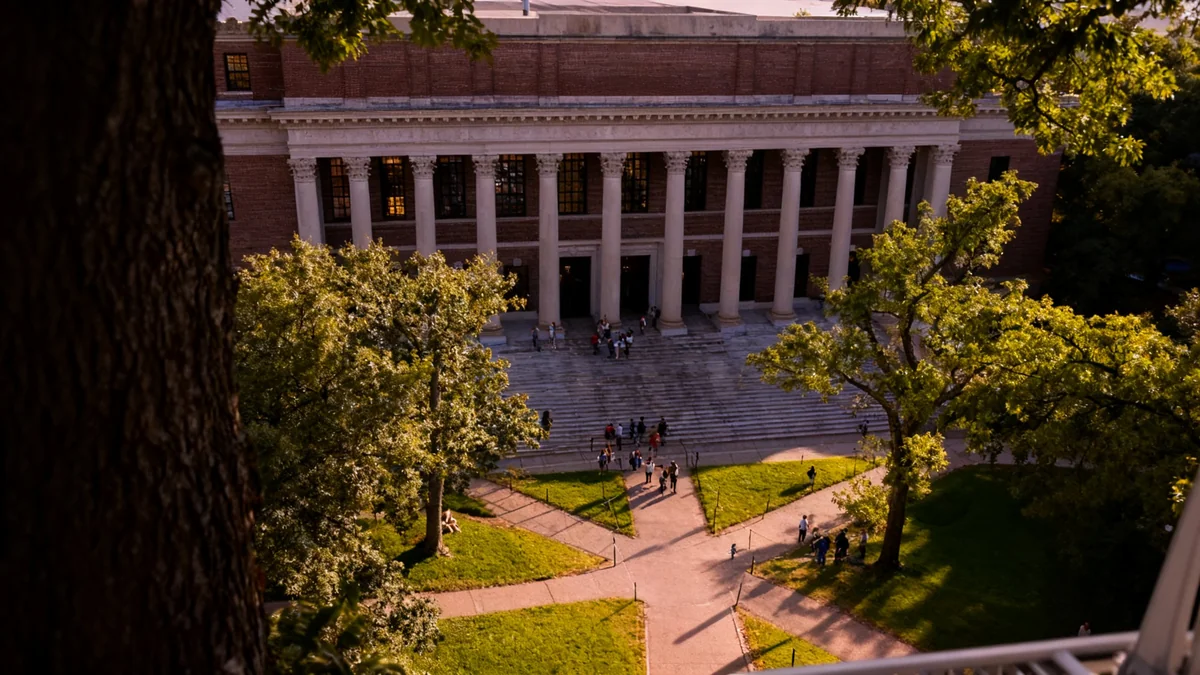A federal judge has directed the Trump administration to restore $500 million in frozen grant funding to the University of California, Los Angeles (UCLA). The ruling, issued on Monday, found that the government likely failed to follow proper legal procedures when it suspended the funds.
The decision marks a significant development in a dispute over federal grants that UCLA uses for critical medical research. U.S. District Judge Rita Lin granted a preliminary injunction, stating the administration's actions probably violated federal law.
Key Takeaways
- A federal judge ordered the Trump administration to restore $500 million in grants to UCLA.
- The court found the government likely violated the Administrative Procedure Act by not providing specific reasons for the funding freeze.
- The funds support hundreds of medical research grants, including studies on Parkinson's disease and cancer recovery.
- This is part of a larger $584 million funding suspension UCLA faced over allegations of civil rights violations.
Court Rules in Favor of University
U.S. District Judge Rita Lin of San Francisco issued the preliminary injunction, concluding that the government's suspension of funds was likely improper. According to the ruling, the administration did not adhere to the Administrative Procedure Act, which mandates that federal agencies must provide clear explanations and follow specific processes when cutting funding.
Instead of detailed justifications, UCLA received generalized letters stating that multiple grants were suspended. The university was not given specific reasons for the action, which the court found insufficient.
What is the Administrative Procedure Act?
The Administrative Procedure Act (APA) is a U.S. federal law that governs the way administrative agencies of the federal government may propose and establish regulations. It requires agencies to keep the public informed of their organization, procedures, and rules, and it provides for public participation in the rulemaking process. A key part of the APA is ensuring that agency actions are not "arbitrary, capricious, an abuse of discretion, or otherwise not in accordance with law."
This ruling follows a previous decision by Judge Lin in August, which resulted in the restoration of $81 million in grants from the National Science Foundation to UCLA. That earlier ruling determined the cuts violated a separate preliminary injunction related to funding for the wider University of California system.
Background of the Funding Dispute
The dispute began in August when UCLA announced the Trump administration had frozen a total of $584 million in federal grants. The government cited allegations of civil rights violations, including issues related to antisemitism and affirmative action policies on campus.
The administration has initiated investigations into diversity, equity, and inclusion (DEI) programs at several universities. It argues these efforts can lead to discrimination against white and Asian American students.
The total amount of federal grants initially suspended at UCLA was $584 million. Monday's ruling addresses the largest portion of that sum.
The administration also proposed to settle its investigation into UCLA in exchange for a $1 billion payment from the university. This proposal drew sharp criticism from state officials.
"This is an extortion attempt," Democratic California Governor Gavin Newsom said of the proposed settlement.
UCLA officials have stated that a payment of that size would have a devastating financial impact on the institution. The White House has not yet publicly commented on the latest court ruling.
Impact on Critical Medical Research
The $500 million covered in Monday's ruling pertains to hundreds of medical research grants administered by the National Institutes of Health (NIH). University leaders have emphasized that this funding is essential for studies that benefit public health across the nation.
The affected research projects are wide-ranging and include vital work in several key areas. According to UCLA, these grants support:
- Studies into new treatments for Parkinson's disease.
- Research on improving cancer recovery outcomes for patients.
- Investigations into cell regeneration in nerves.
- Numerous other projects aimed at advancing medical science.
Campus leaders argue that the suspension of these funds jeopardizes important scientific progress and could delay the development of new therapies and treatments for serious illnesses.
A Broader Pattern of University Actions
UCLA is not the only elite university to face funding challenges from the current administration. The government has used its control over federal funding to pressure several institutions it has accused of fostering liberal ideologies and failing to address antisemitism.
Other prominent universities have also been targeted. Two Ivy League schools, Columbia University and Brown University, reached agreements with the administration to restore funding that had been withheld over similar allegations.
Harvard University, however, chose to challenge the funding cuts in court. In early September, a federal judge ruled that the funding freeze at Harvard was an act of illegal retaliation for the university's refusal to comply with the administration's demands. This series of legal challenges suggests a developing pattern of courts scrutinizing the administration's methods for withholding university funds.





